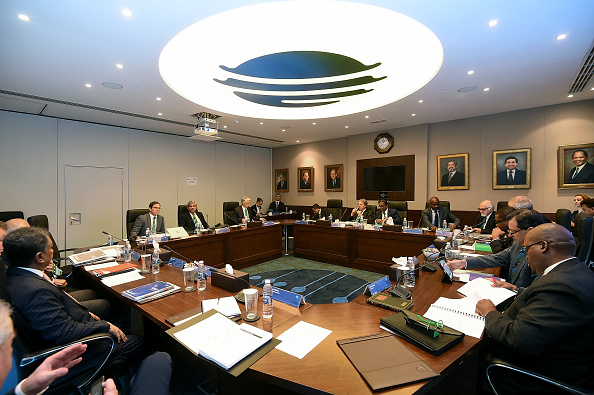Report: ICC to limit players’ participation to three T20 leagues a year
According to reports, ICC’s full members are on the verge of clamping down on player participation in domestic T20 leagues and may well also stop sanctioning such leagues in Associate Member countries. The final decision of the proceedings will take place at the October round of the ICC meetings.

According to reports from ESPNCricinfo, as the growth of T20 leagues in recent years has rattled cricket's ecosystem and to control its impact on the international cricket, the majority of Full Members have decided to give a nod to capping player participation to no more than three T20 leagues a year. Both the chief
The other key decision which would also come up for approval in October is on the future of T20 Leagues hosted by Associate nations. Currently, full Members do not require any kind of ICC approval should they want to start a T20 league in their country, whereas Associate Members do. Usually, ICC approval for an Associate league has been all but a rubber stamp but that may soon change. If the ICC would stop sanctioning such leagues, it could prevent them from attracting top Full Member stars.
The driving concern among Full Members has been that most leagues in Associate countries have been operated by a third party with little interest in the development of the game. And some board members and chief executives feel that a few Associate boards themselves did not have real stakes in the game.
In March Cricket West Indies (CWI), one of the boards most affected by this
In May, the PCB announced a new policy whereby its players would only be allowed to play in two T20 leagues this year, with or without the PSL. Last November, the Bangladesh Cricket Board announced they would offer only two No-objection certificates a year to their contracted players. The BCCI has never allowed Indian players to participate in the overseas T20 leagues. Primarily to protect the IPL, but it is also to make sure players do not start choosing their own development pathways.
But with a growing number of international cricketers streamlining their workloads by not just picking the format they want to focus on but also foregoing national contracts, various cricket boards have woken up to the need to protect their biggest asset, the player.

Comments
Sign up or log in to your account to leave comments and reactions
0 Comments